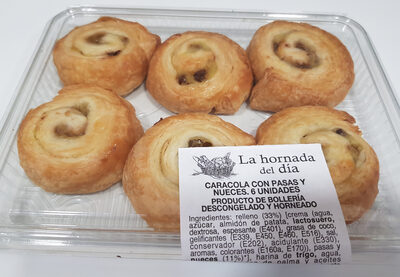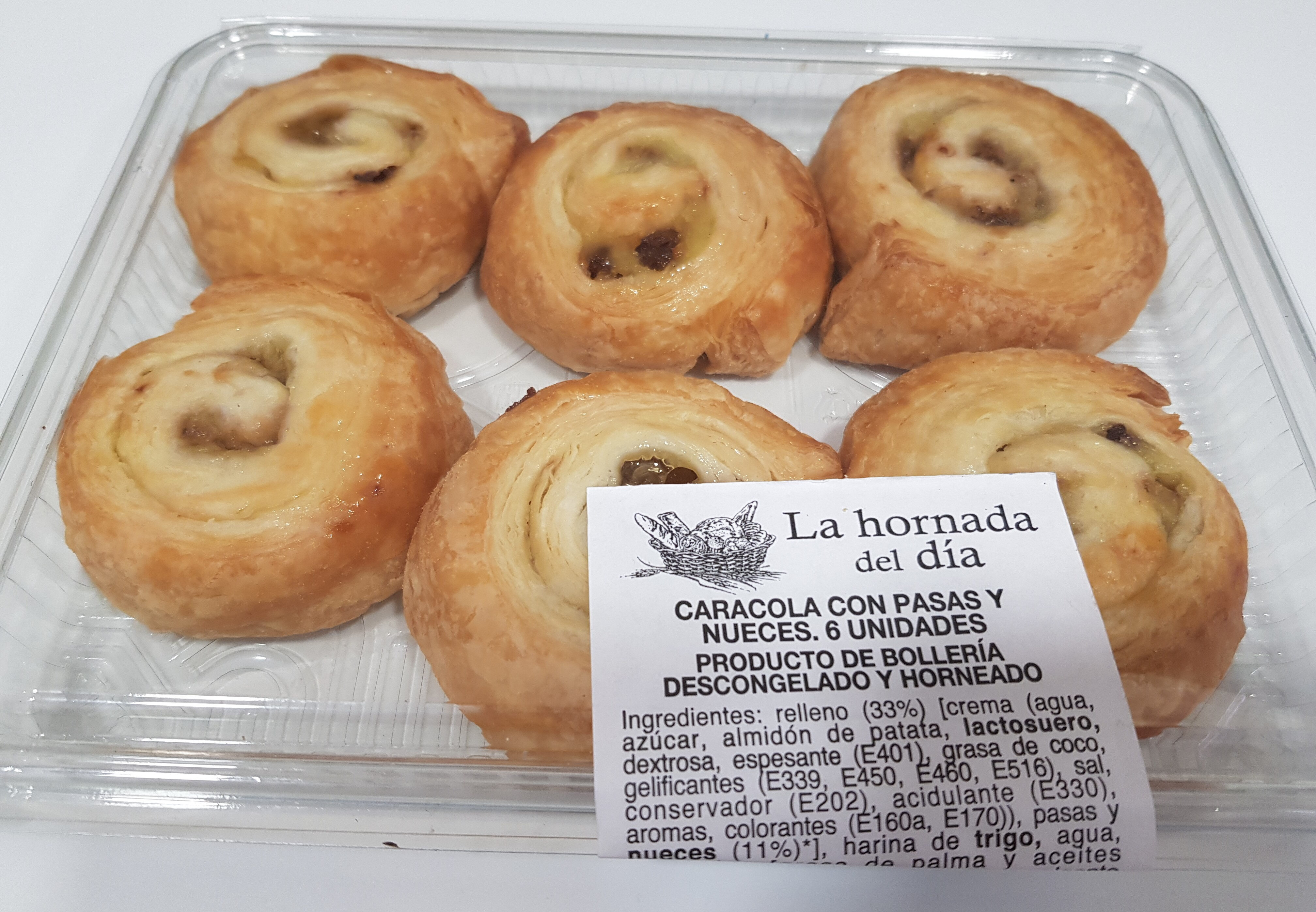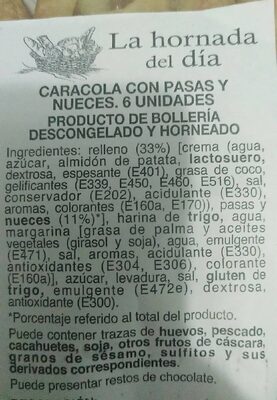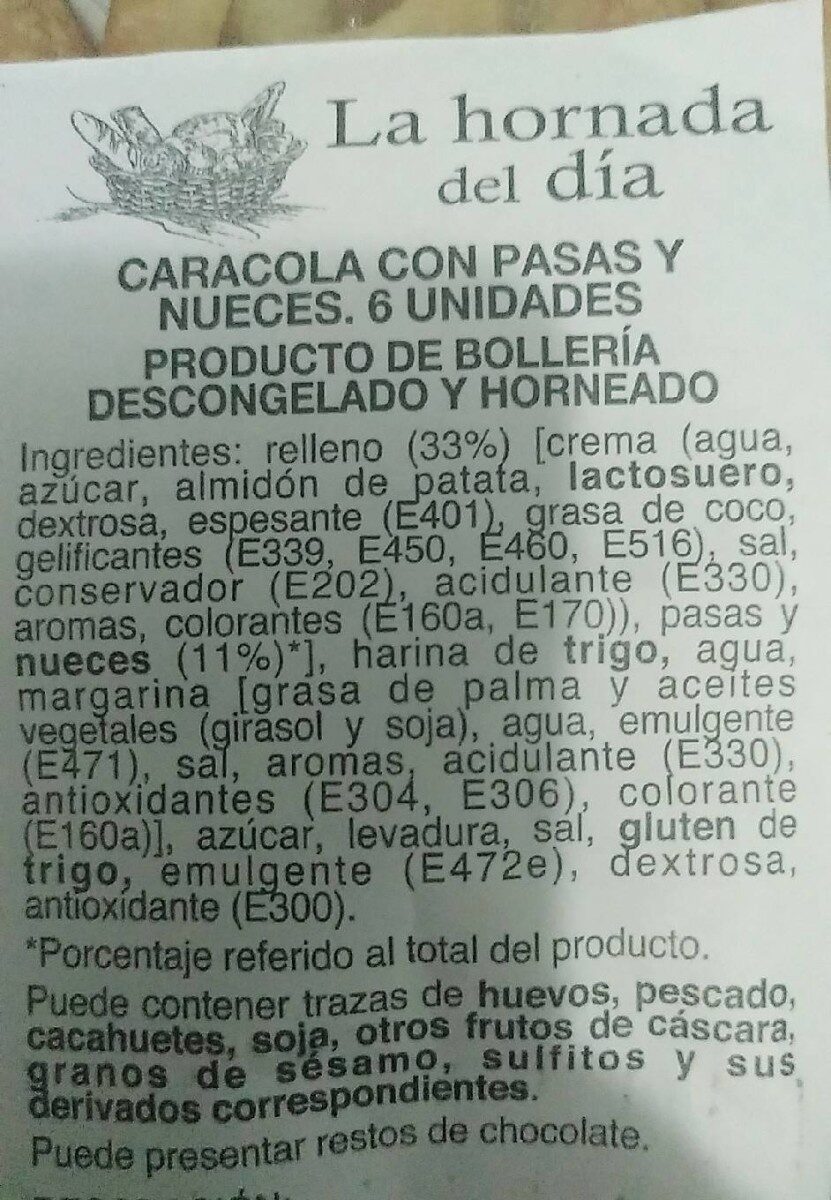Caracola crema/pasas - Dia - 6 unidades
Aquesta pàgina del producte no està completa. Podeu ajudar a completar-la editant-la i afegint-hi més dades a partir de les fotos ja disponibles, o fent-ne més amb l'aplicació de androide o iPhone / iPad. Gràcies!
×
Codi de barres: 8480017000637 (EAN / EAN-13)
Quantitat: 6 unidades
Empaquetament: Plàstic
Marques: Dia, La Hornada del Día
Categories: Snacks, Aperitius dolços, Galetes i pastissos, Pastisseria
Països on es va vendre: Espanya
Matching with your preferences
Entorn
Empaquetament
Transport
Espècies amenaçades
Report a problem
Fonts de dades
Producte afegit per alexrios
Última modificació de la pàgina del producte per packbot.
La pàgina del producte, també editada per joseangel-madrid, kiliweb, musarana, openfoodfacts-contributors, yuka.R1preUU0MVJpL0phdzhGazBqZnVxczVhdzRPTFhFbVVOZTFNSUE9PQ, yuka.ZllFN1BKb3pvL0lLaXMwRHJ3K0k5YzVrbjcveUJsdStPclUrSUE9PQ.
Si les dades són incorrectes o incompletes, pot completar o corregir editant aquesta pàgina.








